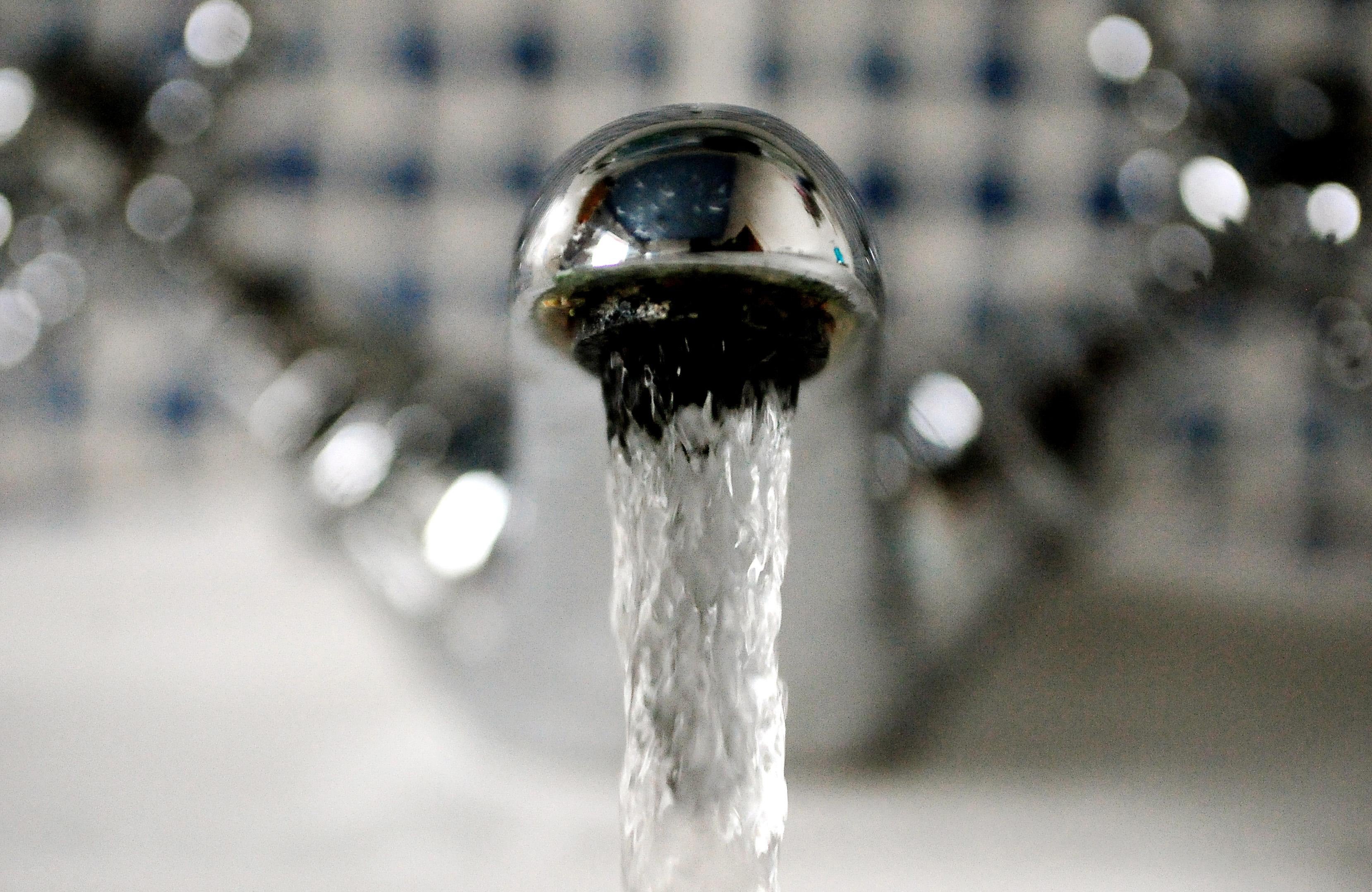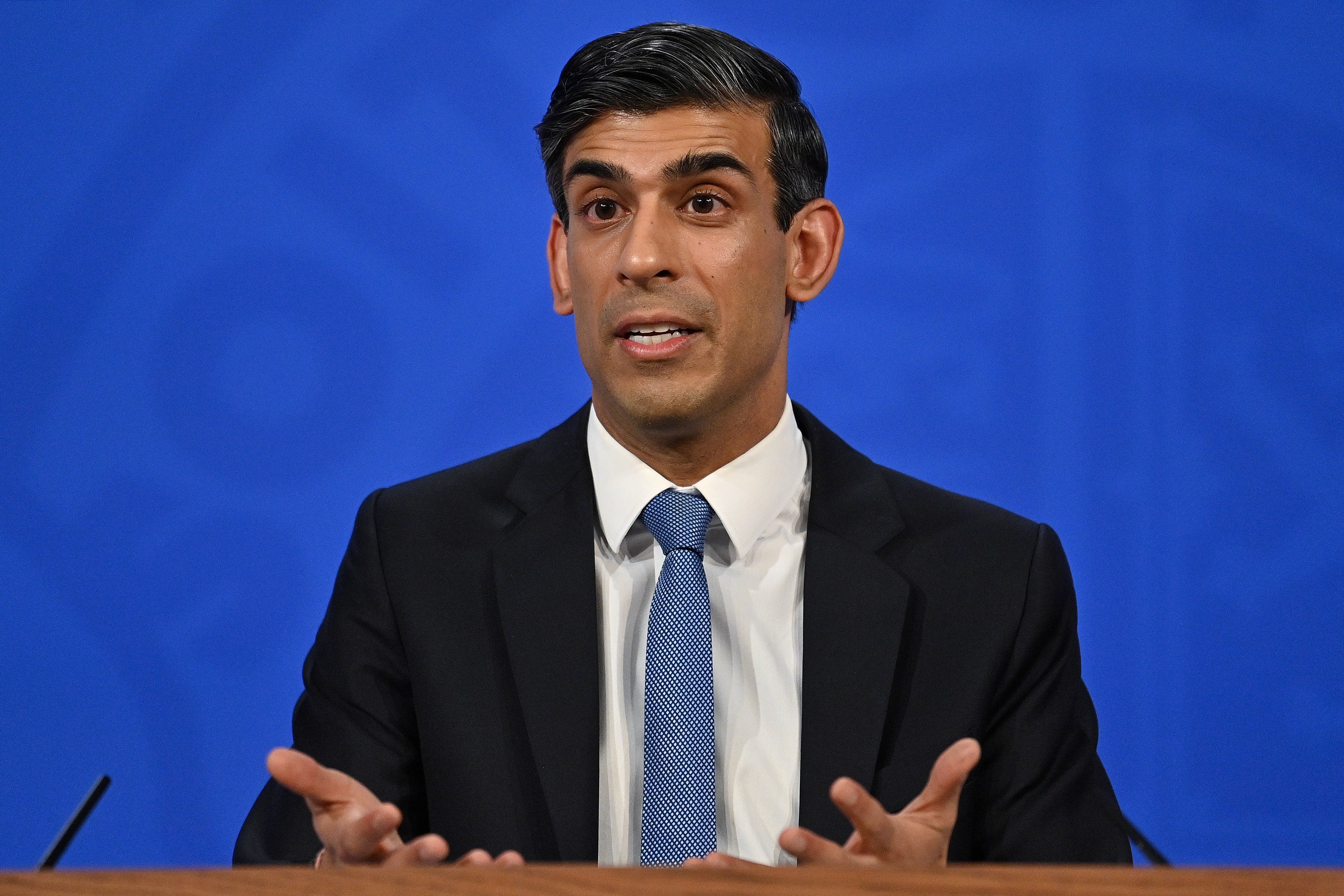Six million homes ‘could face mandatory water meters’ to prevent shortages
Suppliers are called on to ‘lead by example’ by fixing leaks that see billions of litres of water wasted

Your support helps us to tell the story
From reproductive rights to climate change to Big Tech, The Independent is on the ground when the story is developing. Whether it's investigating the financials of Elon Musk's pro-Trump PAC or producing our latest documentary, 'The A Word', which shines a light on the American women fighting for reproductive rights, we know how important it is to parse out the facts from the messaging.
At such a critical moment in US history, we need reporters on the ground. Your donation allows us to keep sending journalists to speak to both sides of the story.
The Independent is trusted by Americans across the entire political spectrum. And unlike many other quality news outlets, we choose not to lock Americans out of our reporting and analysis with paywalls. We believe quality journalism should be available to everyone, paid for by those who can afford it.
Your support makes all the difference.Millions of people could be forced to have water meters in their homes in suppliers’ attempts to prevent water shortages, it’s claimed.
Water companies supplying areas that have a “serious” risk of shortages could force households to have meters installed.
About six million househoulds – supplied by Cambridge Water, Portsmouth Water, South Staffordshire Water, Severn Trent Water, Veolia Water, Wessex Water, and Southern West Water – could be made to have them fitted.
Those who do not have the meters installed could be charged more expensive flat-rate tariffs that could add about £200 to their annual bill, The Telegraph has reported.

Water bills are already being increased by 1.7 per cent from April, when national insurance rates will increase and the price cap on gas and electricity will spike by a record 54 per cent.
Currently, millions of households are hit by record-high energy prices, and the general cost of living rising due to inflation reaching 5.5 per cent – a 30-year high.
Meanwhile, a fifth – more than three billion litres – of water currently used is being lost to leaks each day, according to a 2020 report by the Public Accounts Committee (PAC).
Bodies responsible for water supply – the Department for Environment, Food and Rural Affairs (Defra), Ofwat and the Environment Agency – had made “no progress” over the last 20 years to reduce leaks, the report says.
The Consumer Council for Water (CCW) has said companies need to “lead by example” by reducing the amount of water lost by leaks before putting responsibility for water loss on households.
A CCW spokesperson told The Telegraph: “Metering programmes have identified and fixed leaks on customers’ own pipework but water companies should be leading by example in reducing the enormous volumes of water that are lost every day and which dampen households’ own motivation to save water.”
For small households with low water use, installing a meter typically results in cheaper water bills.
Larger households and those with certain medical conditions can have costs capped via the WaterSure scheme – which requires a water meter to have been installed, as well as proof of high water use.
Join our commenting forum
Join thought-provoking conversations, follow other Independent readers and see their replies
Comments